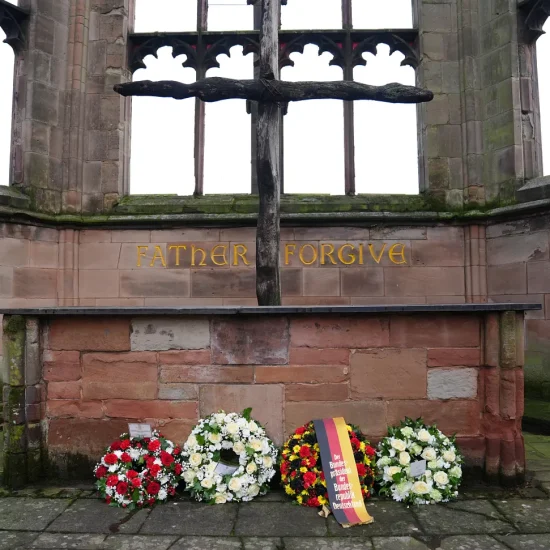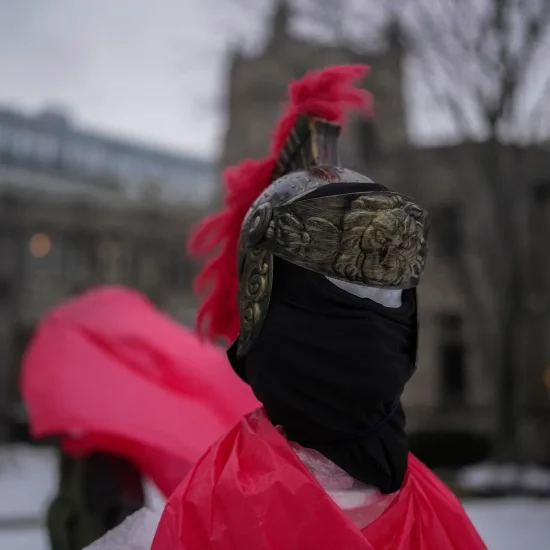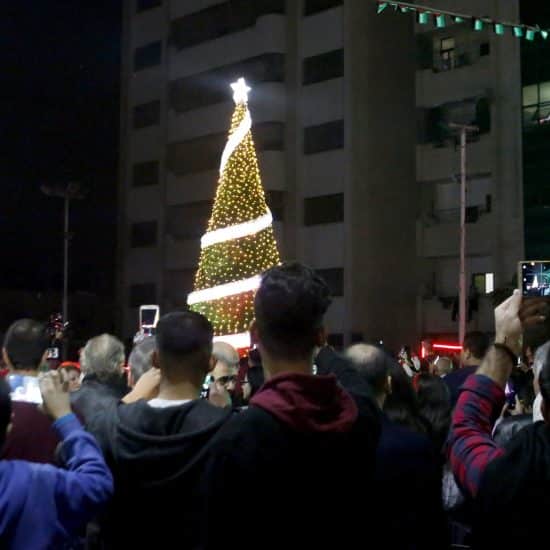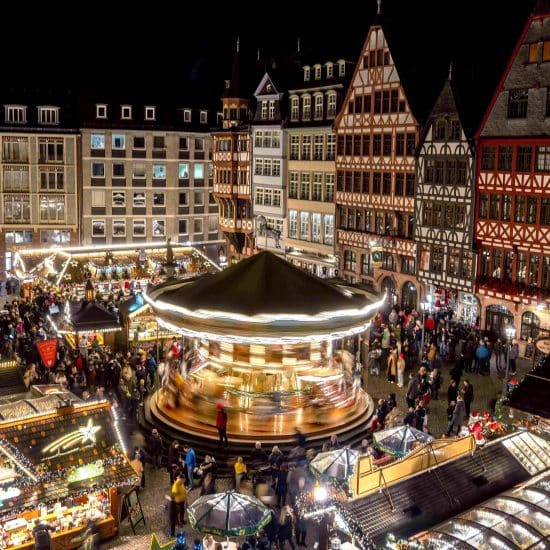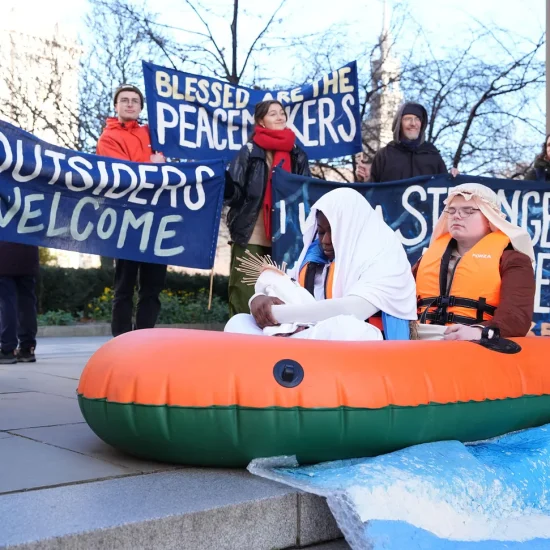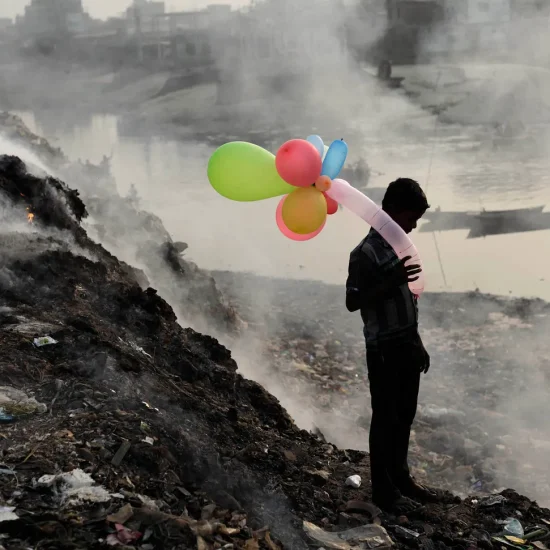By Bill Webb, Word&Way Editor
Have you ever found yourself in the dark? No, not the way children sometimes describe their parents’ level of awareness. Have you found yourself in literal darkness without the means to adequately dispel that darkness? Many people in the Midwest could answer the question with a resounding “Yes!” after the mid-December ice storm.
 When this column was written — about eight days after the first outages — only a small number of homes and businesses were still awaiting restoration of electricity. Some outages were as short as a few minutes, but most lasted two days or more.
When this column was written — about eight days after the first outages — only a small number of homes and businesses were still awaiting restoration of electricity. Some outages were as short as a few minutes, but most lasted two days or more.
In central Missouri and elsewhere, homeowners scurried to meet primary needs for heat, light, food, and personal and mass media communications. For the most part, the outage meant no land-line telephone service, range, refrigerator, television, computer or plug-in radio. No hot baths or showers. No way to charge a cell phone except through a car battery.
Many of us kept fireplaces blazing for heat and purchased (or brought out of storage) battery-operated portable lighting and radios. Many lit candles for light during waking hours. Batteries, particularly “D” batteries, became difficult to find.
Gasoline-powered generators were snapped up as quickly as they hit store shelves. Because driving conditions were relatively good, a lot of people ate out or carried in meals. A few used fireplaces to boil water.
These days, people depend upon a lot of creature comforts and conveniences. When the lights go out — and tree limbs are cracking under the weight of ice — a good bit of security and comfort disappears. Most of us find we have very little control of such circumstances. We cannot even predict when power will be restored.
Under such circumstances, we get a taste of what it means to live in darkness, if only for a few days.
Perhaps an Advent lesson lies somewhere in the harsh reality of our 21st-century ice storm.
Of course, in first-century Palestine, there was no electricity. There were no electrical appliances like stoves, refrigerators, air conditioners, furnaces, telephones, hot water heaters, Internet, radios or televisions. No light switches. Darkness was of a different sort than the mere absence of sunlight or the glow of an oil lamp.
Israel was a dark place when Joseph and Mary trekked to Bethlehem to fulfill the obligations of an occupying government. The people had lost hope as a nation and as followers of God. Eager anticipation of a deliverer sent from God had long cooled. Likely, the people had resigned themselves to a life of occupation that could well last for generations.
Religion had become man-made. What God had intended for good became distorted by manipulation. The laws of God challenged the people to righteous living based on a love relationship with Him. But those simple commandments — principles for godly living — became endless rules created by little men bent on entrapping violators. They were God’s self-appointed enforcers.
The people were not awaiting a convoy of repair trucks to restore the light to dark humanity. They had long hoped not for something but for someone.
Isaiah described that hope long before Jesus’ birth: “The people walking in darkness have see a great light; on those living in the land of the shadow of death a light has dawned” (Isaiah 9:2, NIV)
There is little doubt as to why shepherds left their sheep to visit a stable in Bethlehem. The spiritual darkness was nearly at an end. God had broken his silence through the angel choir to announce a savior — the Savior. The bright light was not a “what” but the person of Jesus Christ. People have been discovering His light ever since.
My family was grateful for the dedicated work of those who restored the electrical service to us and to our neighbors. They worked under harsh condition, and many of them traveled hundreds of miles to help. Their work may well have saved lives in our community and across the Midwest.
But I am even more grateful for the light that God sent to expose people for what they are — sinners in need of a darkness-dispelling Savior. Merry Christmas.

